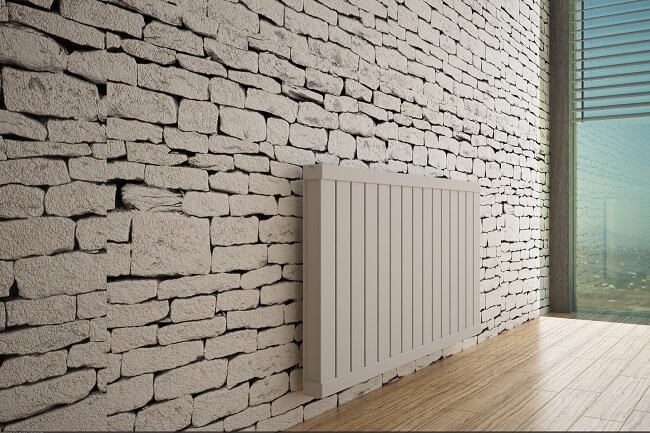When installing a hydronic heating element, there are numerous things to consider. However, apart from selecting the structure itself, other aspects include determining the best source of heat and heating elements, the influence of dust and allergens, the system’s value for money, and the established sealing in your home.
While choosing professional hydronic heaters for your home and industries, you might come across various options available in the market. However, you should do a thorough research and then finalize the most suitable product for home usage.

Let’s look at the main boiler types currently on the market for hydronic processes:
- Electric Boiler
- Gas Boiler
- Wood Fire Boiler
- Diesel Boiler
Boiler Electric
Electric boilers are an excellent option for people not having access to propane because they are quick and inexpensive to set up (no attic vents or fireplaces are required). Electric boilers are also a good choice for smaller apartments that don’t necessitate as much heating as bigger houses.
Gasoline Boilers
Natural gas boilers are used along with most hydronic heating development in several countries because they are regarded as the most cost-effective boiler alternative. If you have access to natural gas, industry professionals will most probably send a natural gas boiler for your setup as soon as you apply for it.
The LPG boiler
You could use a liquified petroleum gas (LPG) boiler, which would connect your structure to gas containers as required. It is an obtained primary and cost-effective mounting option for powering your system. Pro tip: keep an additional fuel bottle on hand if you run out of fuel. A few suppliers will send you bottles regularly, ensuring that you are always well-stocked.
Combination boilers
The mixture, or ‘combi’ boilers, is an excellent choice because they provide infinite hot water without a storage tank or cylinder. It means they take up less room when assembled and provide hot water for everybody’s showers. Natural Gas is accessible.
Is hydronic floor heating a good investment?

While repairing and redeveloping of your homes, you might face certain confusions regarding hydronic heating systems. However, they would be quite useful to you if you happen to reside in a cold region where home heaters are in high demand. These heating systems can turn out to be a savior from bitter cold if you install them under the flooring system of your house.
Benefits of a hydronic heating system
- In the household, you can control the temperature and make unique zones with hydronic heating systems. Since no single thermostat is attempting to control the entire building heating system, you could adjust the air temperature to your liking. Furthermore, you won’t be worried about temperature fluctuations caused by keeping the doorway open or closed.
- You can control the moisture and quality of air in your home with hydronic heating functions. Radiant heat does not dehydrate your home in the same way that compelled air furnace processes to do.
- Under-floor hydronic systems are important to keep your floors relaxed while warming your home.
This category of heating system is calmer than a home furnace, which makes noise as warm air passes through nice ventilation ducts.
- Since it does not involve air ducts or air supply systems, this system helps to conserve your ceilings and walls. Tubes for hydronic systems can be easily connected to floorboards, concealed in walls, or shuttled around established pipes.
No dust, particles, pet dander, or food allergens are being pushed into rooms because there is no airflow through ducts.
A hydronic heating process is more effective than other techniques of heating. It could save you up to 40% on your heating bills.

Conclusion
Hydronic heating uses hot water from a boiler. It distributes heat to heaters, coils, or floor heating systems via pipes. It’s in stark contrast to other heating systems that use heating systems, concentrated solar heat, or water heaters. The energy-saving system keeps the air moist and is not as dehydrating as a compelled system.
Tags: Hydronic Heating, Hydronic Heating Systems, In Floor Hydronic Heating, Hydronic Floor Heating
Author bio: I am Amelia Varley, a qualified blogger. Here you can see my skills which give you small ideas on understanding all the concepts with different themes. I love to write the blog on different topics, like health, home décor, Automotive, Business, Food, Lifestyle, Finance, Flowers etc.









